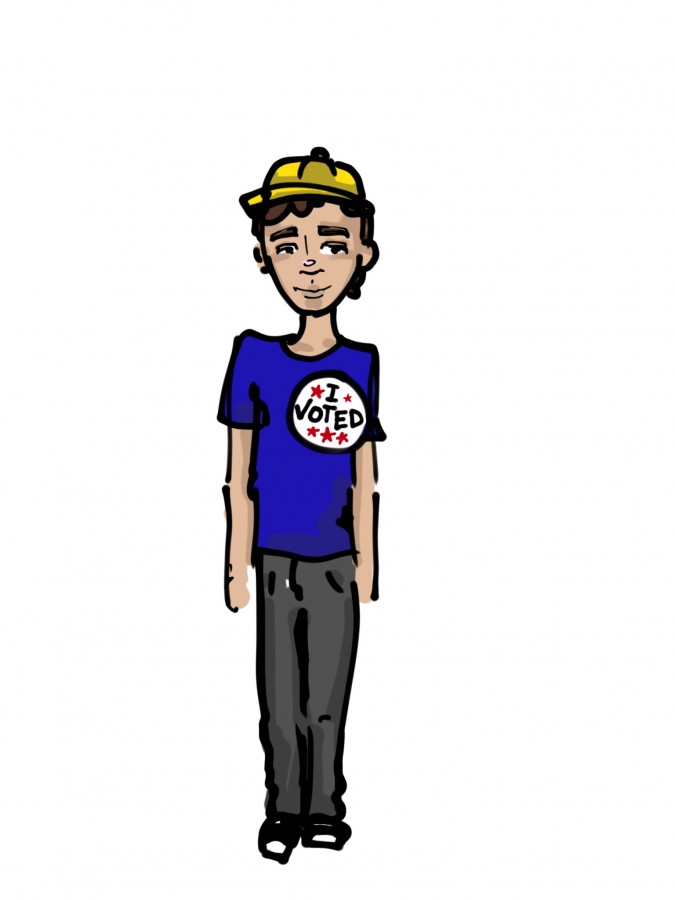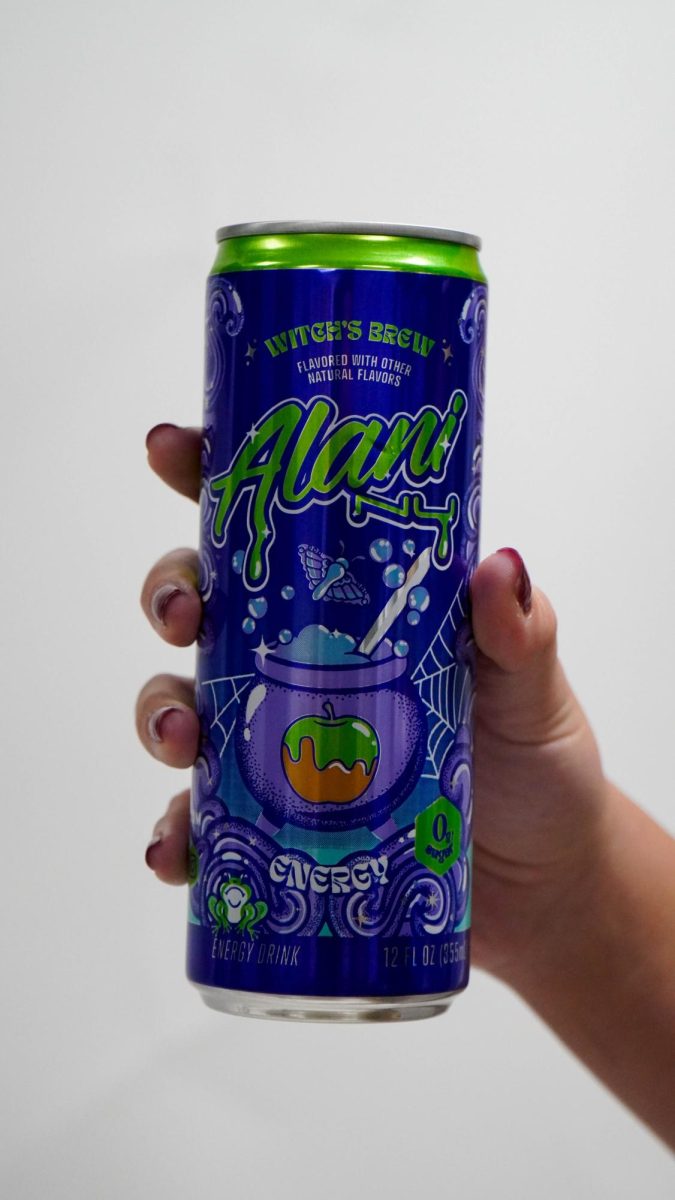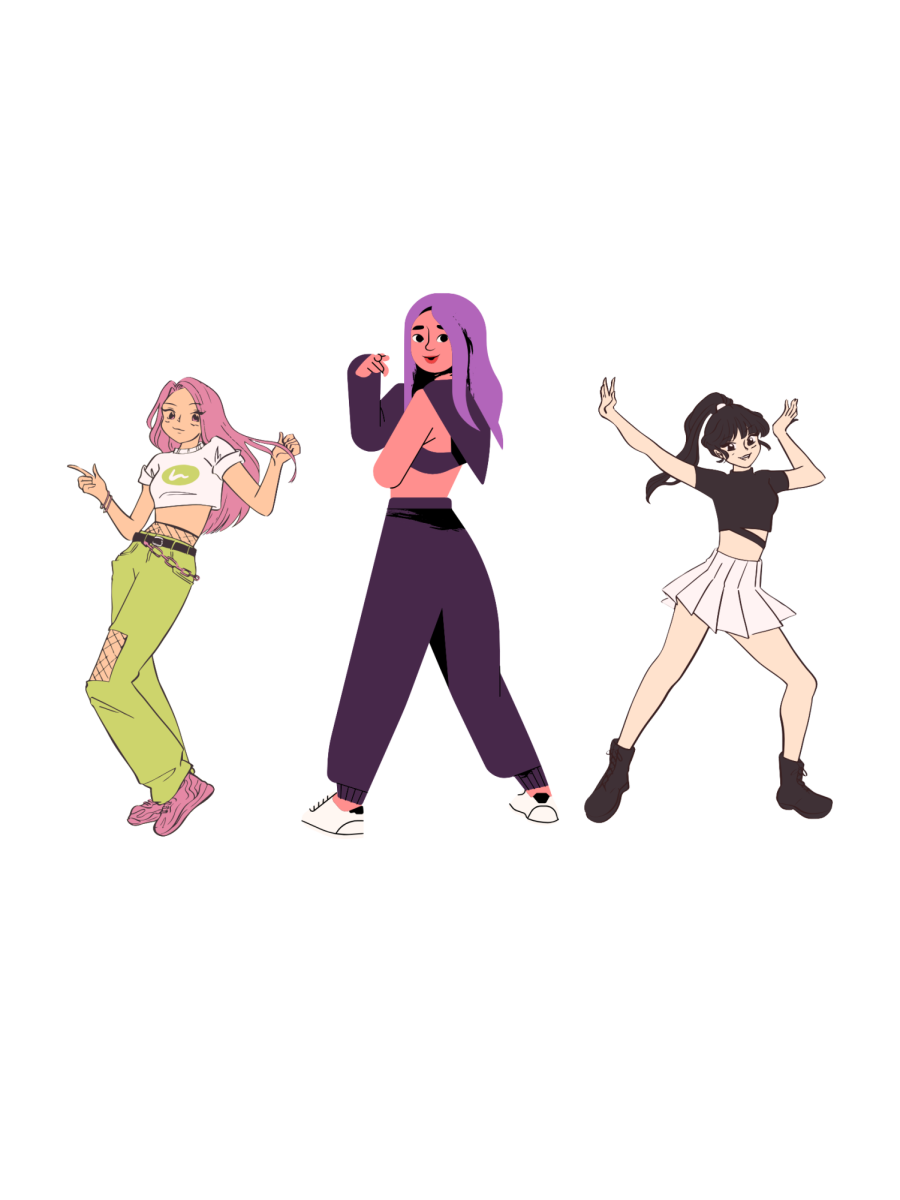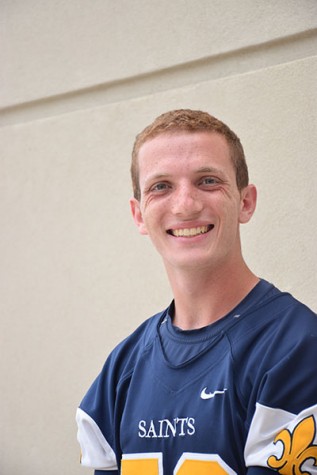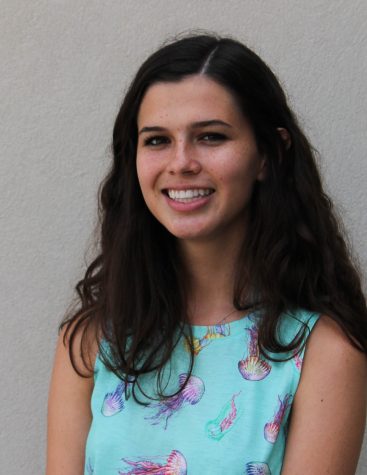“First of all, I want to build a wall—a wall that works. We have a lot bad dudes, from outside, in this country.”
“Those messages disappear all by themselves.”
“America is not a planet!”
Quotes like these are heard on a daily basis and stem from the campaigns of the dozens of candidates running for President. From Hillary Clinton’s email server scandal to Donald Trump fantasizing about building a wall on the Mexican-American border, a day does not go by when one of the candidates is the headline of a news story. As the primaries are less than five months away, each candidate is trying to pull ahead of one another and earn his/her party’s ticket.
One of the first things I remember in Mr. Ballard’s 8th grade Civics class was his lesson on voting. He described the excitement that ensued as he filled out the ballot. Ballard went on to tell my class that the worst thing that an American voter can do is not vote. Many young voters conceive the notion that their vote does not matter and do not bother to fill out a ballot. Of course, this is incorrect, as all of the votes count equally and do make a difference. The best example of this teaching point occurred just 15 years ago in Florida.
George W. Bush of the Republican Party was running for President against Al Gore of the Democratic Party. At about 8 a.m. on election day, Florida’s panhandle declared that Gore had won the electoral votes. However, this was before the rest of the state finished counting the votes. Early the next morning, it had been determined that Gore had defeated Bush by just over 2,000 votes. A win of this small margin demanded a recount. As military absentee ballots arrived and hand recounts in four counties were tallied, the state of Florida declared that Bush was the winner of Florida’s electors. Had more people registered to vote for Gore in this election, the recount would have been avoided and Al Gore would have been America’s 43rd President.
Young people are afraid to vote. This is not news, as many young-adults are still living at home and dependent on their parents for their well-being. The problem with young voters is that many of them have not formed political opinions, for there was no need. Other than a lively debate in the Grille over health care reform or the Iran nuclear deal, not many other efforts were made to form a concrete opinion about our nation’s government.
That’s not to say that today’s youth are completely alienated from the society they live in, or that they are indifferent to its politics. They may simply be expressing their civic activism and community concerns through alternative avenues — rainbow-shaded Facebook profile photos, BlackLivesMatter hashtags, online petitions — rather than the polling booth. A quarter of millennials say that at least half of the Facebook posts they see are related to politics, a higher share than is the case for Facebook users from older generations.
Political campaigns also implemented a relatively small amount of initiatives to try to engage with millennials in the midterms, in either the messaging they chose or their mobilization efforts. More highly targeted, “Big Data”-driven campaigns, which prioritize likely and swing voters, may have written off young people as hard to reach. Millennials, after all, are less likely to have landlines, fixed addresses, voting records or any tolerance for TV commercials.
Without even realizing it, blurbs of political opinions have great effects on the minds of young voters. Many young people are swayed towards the opinion that their parents hold. As simple as this may seem, it can cause problems. Many parents, like my own, are registered for different parties. This made for lively debates at dinner that I found entertaining to instigate and watch. Without them knowing, my family members were each telling me why I should register as either a Democrat or a Republican when I turn 18.
Because we live in the age of technology, social media and the news have a great impact on influencing voters. The Presidential candidates have taken over social media in the last six months. GOP debates have been broadcasted on Snapchat, Donald Trump has more than 4 million followers on Twitter, and Hillary Clinton and Jeb Bush even announced their candidacies over Snapchat. Young voters have often found a hard time showing support for their candidate of choice; they are not wealthy enough to donate a large sum of money and cannot find the time to campaign. Now, all voters have to do is follow them on social media to show support.
The youth has been out of touch in the political world. In the past, their votes were regarded as a low priority— an afterthought. However, this is changing. As politicians are realizing that the youth vote matters, they are adapting. Why else would you find a 74-year-old man on Twitter? As the world is now dominated by social media and technology, politicians are finally reaching out to the youth.




